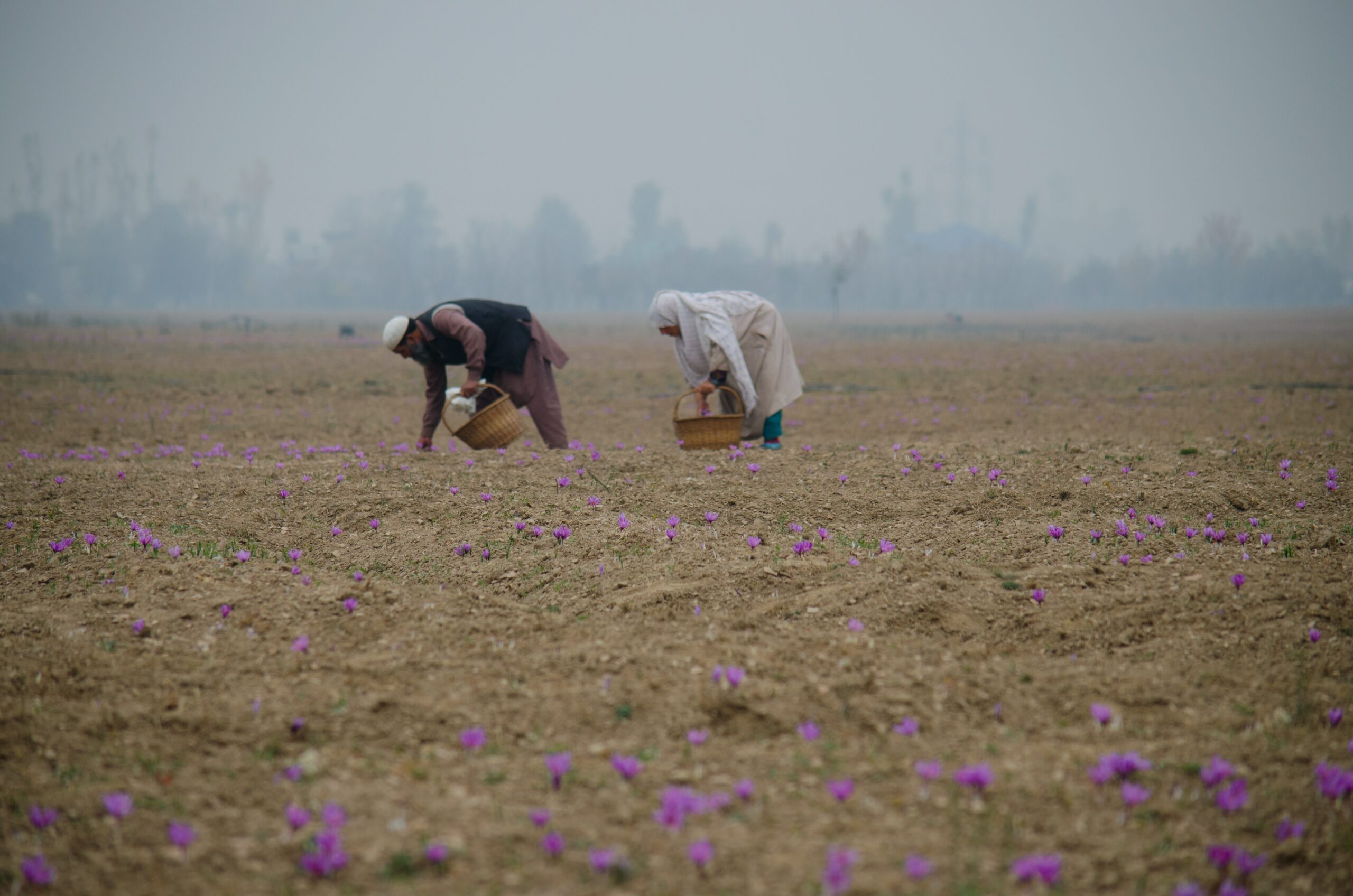Anxieties over climate catastrophe are almost constant in the news cycle, seemingly matched only by cynicism and repudiation. Politicians speak about the dangers of climate change, businesses make efforts to counteract the negative effects of their work on the environment, and international organisations issue statements on global commitments to achieve net zero emissions within our lifetimes.
At such a scale, it’s easy to lose sight of the individual.
So often we are left asking ourselves, “well what can I do?” The scale of climate change is usually thought to be something that can only be addressed by an equally large scale, of Herculean proportions between nations. As a result, we – the average people on the street – can be made to feel inconsequential.
In the middle of this grand conversation, we can feel as though our actions don’t matter, as though the only thing to do is leave it to someone else.
It’s in times like this that I am reminded my obligation to care for this world comes from a higher authority than anything on this earth, including the Earth itself – God.
As a Christian, I am reminded that the Bible teaches us that everything belongs to God and we are born into this world to care for it. We do not own the planet, and to act as if we do is to act as if we have the authority to ruin it, to throw it away, and make it uninhabitable for future generations.
Yet we inevitably are the ones with whom the planet’s safety and care is entrusted. In Genesis, God tells us that “the fish in the sea and the birds in the sky” are ours to “rule over”, but not to do whatever we want with. Instead, it is the “cultural mandate”, the call to humanity to cultivate and care for His creation.
That’s why, when I walk down the street and see a crisp packet or an empty can of pop, I put it in the bin. It’s why I recycle. It’s why I do what I can to minimise my carbon footprint.
It’s not because doing so will magically fix the planet, but because I have been entrusted by a higher power – by the highest power – with a duty to care for the planet and all the creatures that inhabit it. As I once saw someone say on social media, “it’s not my rubbish, but it is my planet.”
At the heart of it all, we must remember that the world is not ours to own, but ours to care for, on behalf of God. The way we treat our planet is, therefore, an expression of how we treat God.

